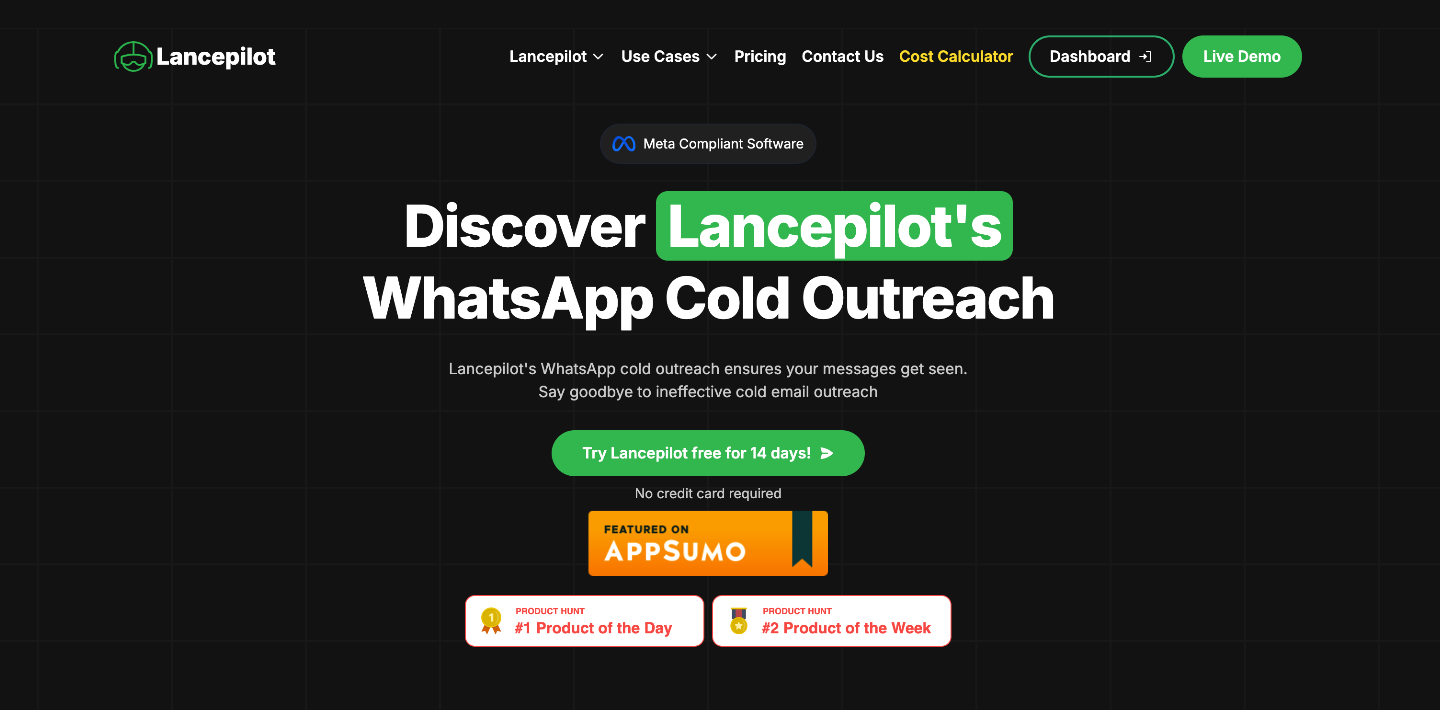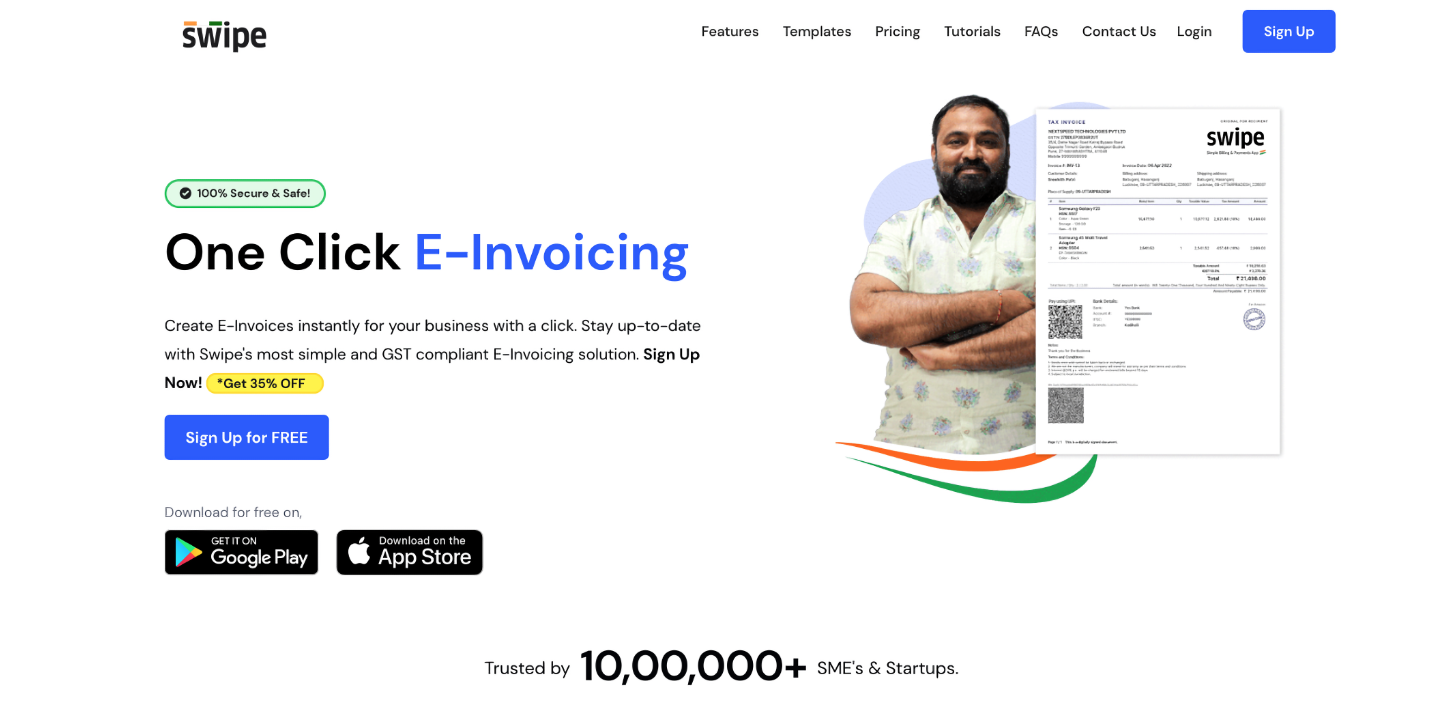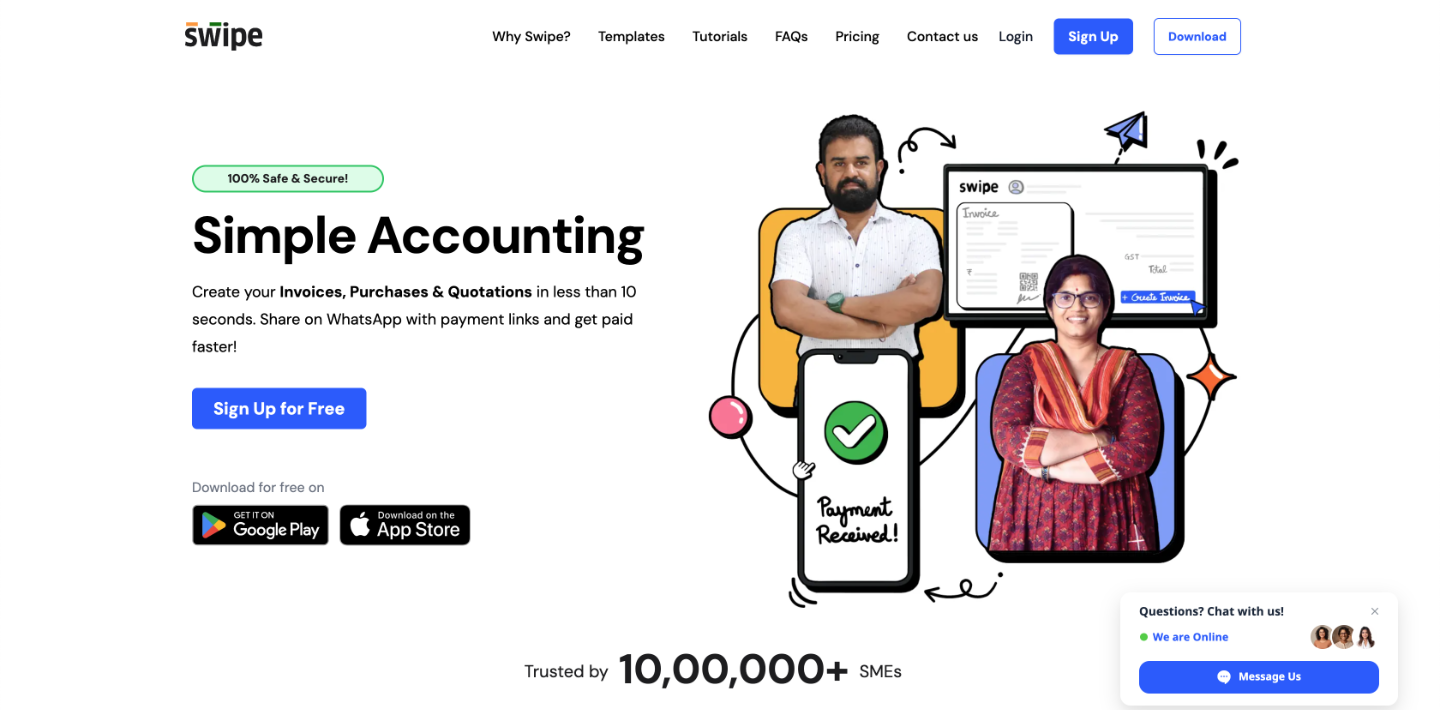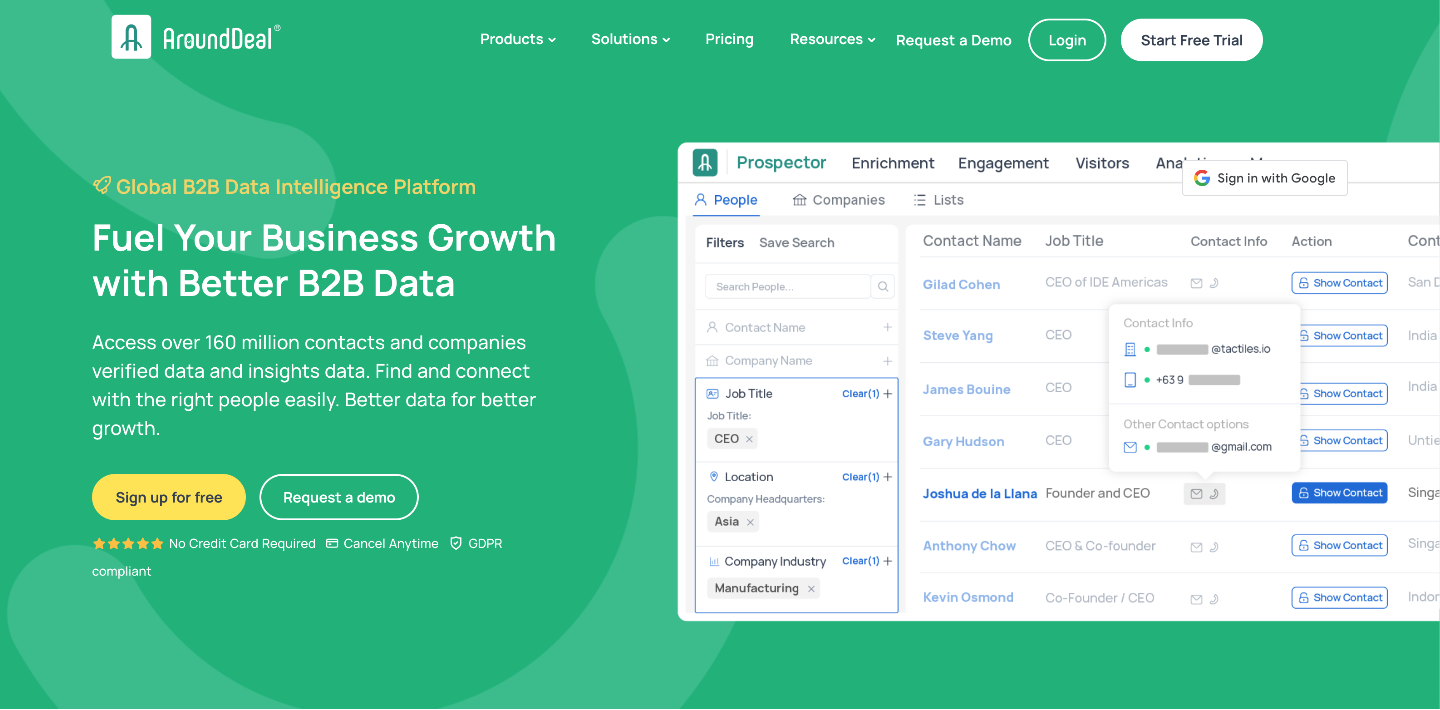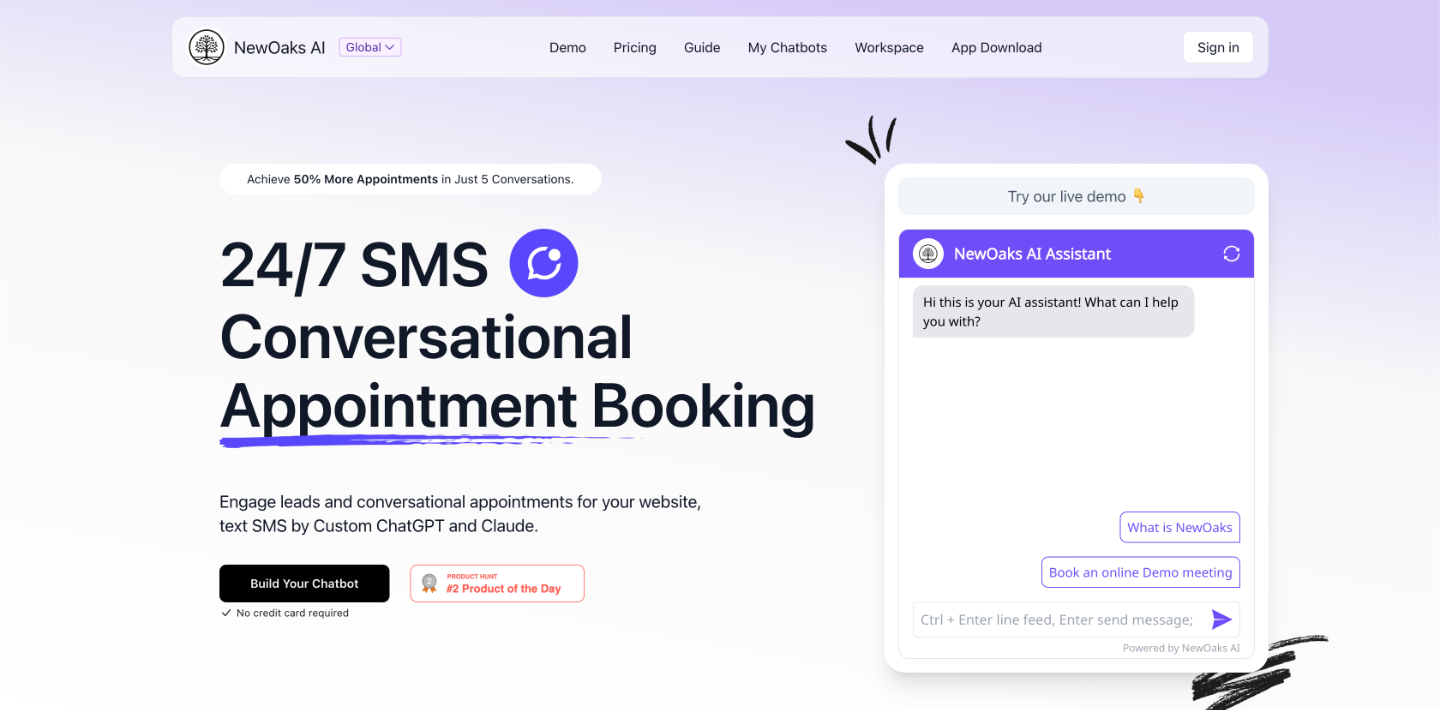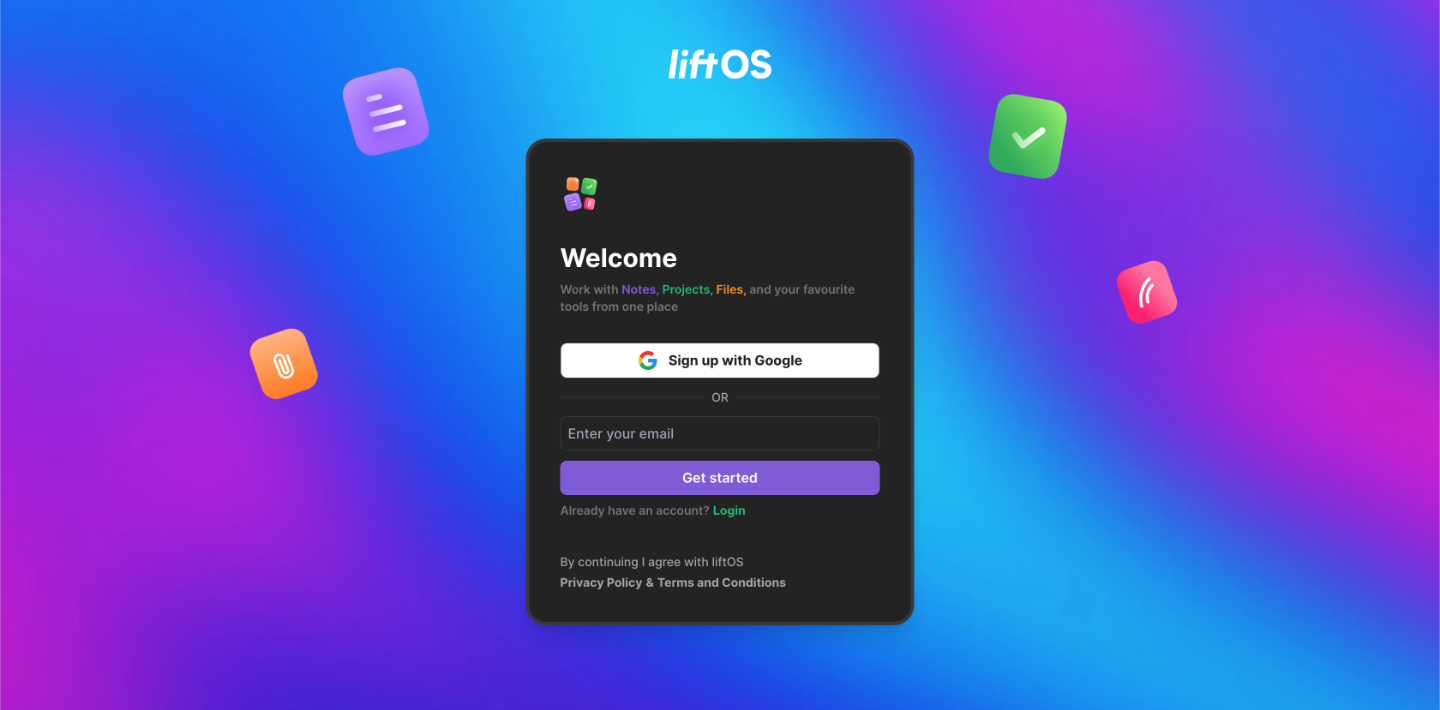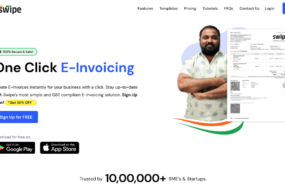
Mobile phone apps have become a popular way to pay for purchases in retail stores, pay friends and family directly, and make payments in other apps. There are many apps to choose from, and every app has its own benefits and limitations, but some have more than others.
Mobile spending apps are slowly becoming a preferred method of payment, but there are some drawbacks that come with this. For example, a new study has showed that tracking of mobile payments is low, with over a third of people in the UK not tracking spending at all. Still, mobile apps provide great ways to spend money and keep track of spending, below are some benefits and limitations of the most popular apps for mobile spending.
Payments & Apps
Mobile spending apps are popular not just because they are easy to use, they provide spending options other methods of payment do not. For one you can pay with your phone. Cashless and contactless payments are used because you don’t need to have cash or even your debit card. You can pay at stores, online, and send money to friends or family. This provides a nice way to split checks at restaurants and bars.
Peer-to-peer payment is probably the most popular feature that mobile apps provide. You can pay family and friends with Google Pay, Apple Pay, PayPal, Square Cash, and more. When you receive money, however, many mobile spending apps keep your money in a holding place like a limited bank account while others like Google Pay and Zell send funds directly to your bank account.
According to the site MoneyPug, which is used to compare mobile phones, not all apps allow you to pay at stores, but there are a few select ones let you use mobile spending in person. Apple claims that their mobile payment app accounts for 90 percent of in-store payment, but Samsung Pay is a competitor that enables their customers to use the app wherever magnetic stripe debit and credit cards are accepted. Soon, however, these will be replaced by more secured chipped EMV cards.
Tracking Spending
A new study was released recently that examined the use of mobile payment options, the tracking of spending, and state of mind when making purchases. It turns out that 36.4 percent of all British users of mobile payment do not track their spending.
One reason this could be is that the apps are easy and convenient to use. Another explanation could be that they trust the security of mobile payment methods. Whether it’s these reasons or the fact that there is a significant psychological impact on spending, but one thing is for sure. People are not monitoring their mobile payments.
The study, which was conducted by phone insurance provider Loveit Coverit, focused on the wider impact of mobile devices on e-commerce. This included collaborating with retailers, industry experts, and psychologists to explore topics like the end of high street banks, the rise of mobile spending, the security of apps, and more. It revealed that contactless card payment was the most common method for transactions, while chip and pin cards came in second, and mobile payment apps came in third, at just four percent.
The Future of Mobile Payment Apps
Mobile payment apps make up a small percentage of transactions, but this will likely change. Despite the fact that people are not checking their mobile spending, these apps make it easier to monitor. As this method becomes more widespread and awareness of the lack of oversight on mobile spending increases, consumers will gravitate to the apps that provide security and tracking options.
Venmo is popular for this reason. Apple and Samsung Pay are both acclaimed for their security. Zelle is only available for person-to-person payments while others provide other options. It is likely the most successful mobile spending apps of the future will be those that provide the ability to monitor spending and make a variety of transactions.
While limitations on payments and fees to make a payment, mobile apps for spending will become more widespread. After becoming popular, the demand will be there to provide easy and convenient tracking methods. As these payment methods spread, they will become easier to manage and safer to use.



